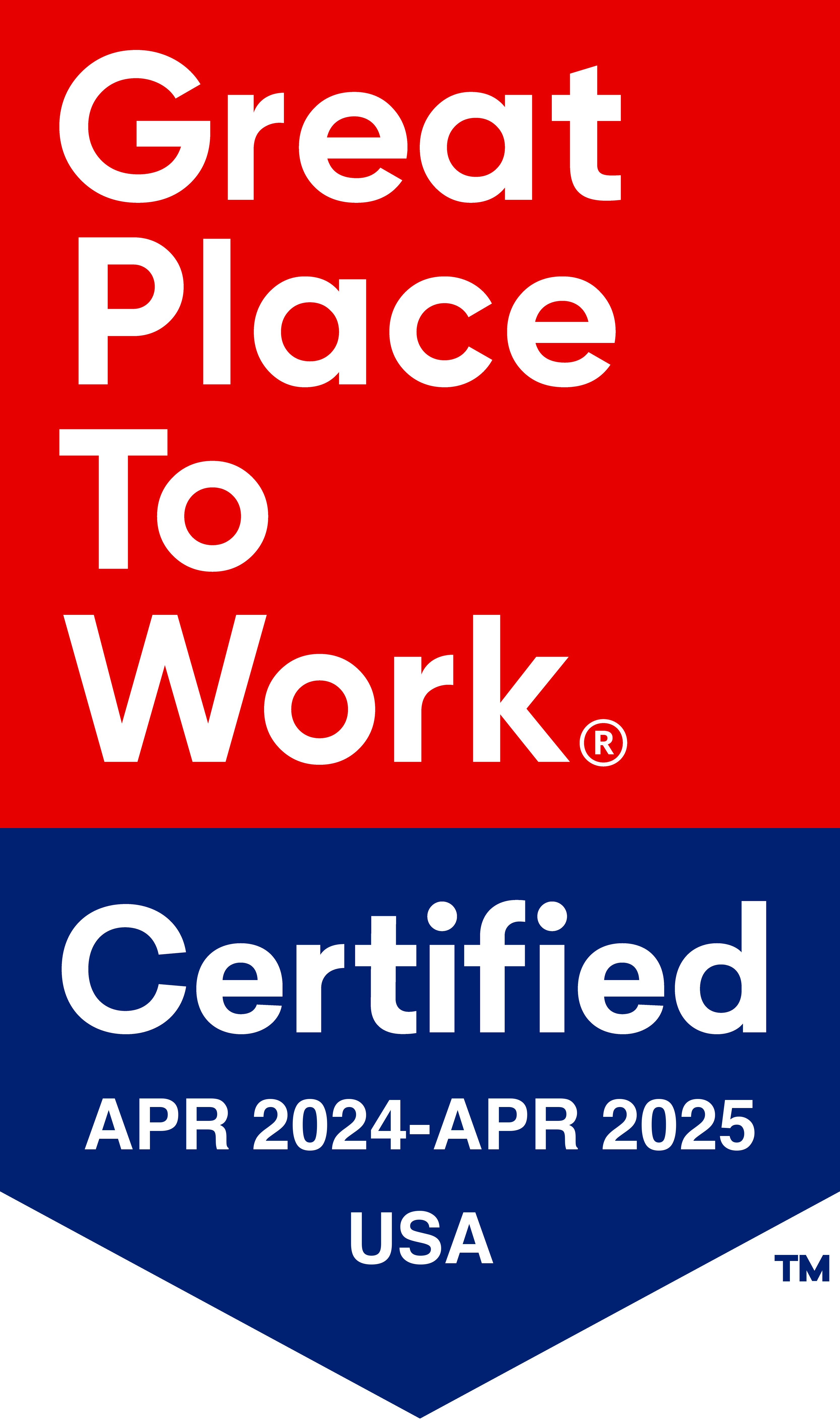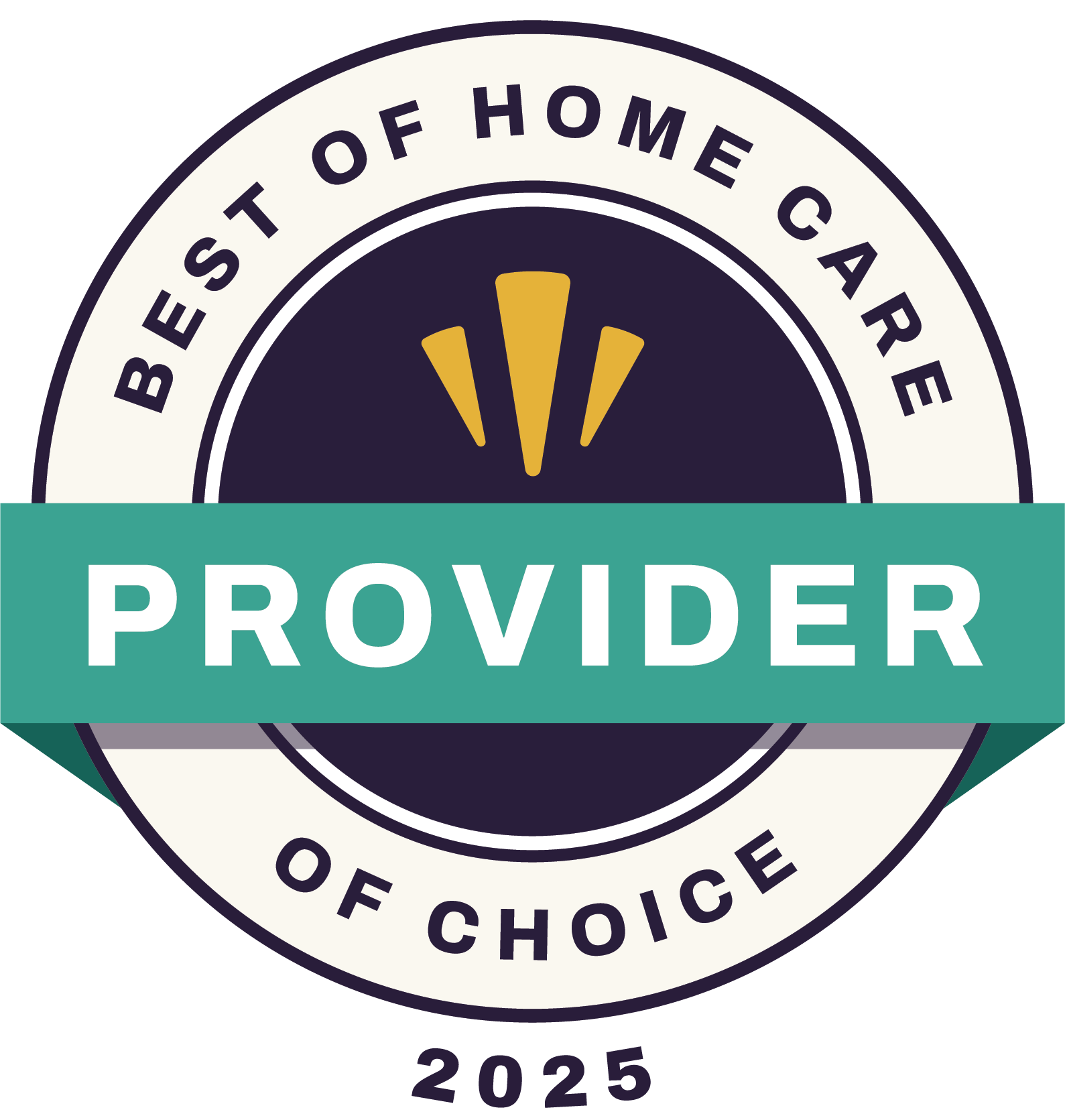How COVID-19 Continues to Impact Home Health Aides
Home health and personal care aides provide care for the most vulnerable patients. During the COVID-19 pandemic, the number and severity of patients needing home health care have risen to unprecedented levels. Home health aides were tasked with taking on even greater physical, psychological, and emotional risks as they fought and continue to fight on the front lines of a global pandemic.
Physical Impact
Home health aides assist people with the activities of daily living. The three primary aspects of daily living include assistance with personal care, light housekeeping, and companionship. Without this assistance, those in need of help may not be able to remain in their homes. With overloaded hospitals, home health aides are more vitally important than ever before, and the care they provide can be more taxing.
Over the past year, for the health of all parties involved, COVID-19 mandated strict visitation limitations between family and friends. With social relationships composing a vital part of mental and physical health, home health aides provided companionship to those unable to care for themselves. As restrictions lessen, a pent-up craving for companionship still exists among those confined to home, and the responsibility is even greater for home health aides.
As COVID-19 continues, the physical drain of long hours, increased patient load, and greater expectation of care has taken a toll on health care aides.
Psychological Impact
Home health care aides, by definition, care for those with decreased immunity and increased risk. This means the potential for increased COVID-19 exposure to themselves and the family and friends they come in contact with. Knowing the importance of their work and the responsibility with which they are tasked creates a great deal of stress.
The uncertainty of how long COVID-19 conditions will last and being unable to participate in the normal activities that provide release from work can contribute to feeling overwhelmed and burned-out. In addition, the individuals they are caring for are experiencing their own psychological stressors, making care that much more important and challenging.
Emotional Impact
A large percent of the population requiring home health care are senior adults. With seniors at greatest risk of COVID-19 contraction, the emotional toll is significant on home health aides. They have cultivated long-term relationships, only to have them come to an end due to COVID mortality. While this is always a reality in the home health field, the pandemic has impacted these numbers with much greater frequency in a very short time.
Lack of adequate sleep, uncertainty, and grief has led to greater instances of depression, anxiety, and burnout symptoms. However, there are ways to help home health aides as they continue to help those in need.
How to Help Home Health Aides
As home aides and personal care aides continue to care for others under extraordinary conditions, they must also focus on their own well-being. Here are some ways family, friends, and the community can help home health aides as they help others.
- Offer help. Cutting someone's gas or providing a meal is one more thing off the aide's list, so if they do get a moment, they can use it to rest and decompress.
- Say thank you. A thank you is a simple acknowledgment that their work is valued and noticed. This doesn't have to be elaborate. In fact, a card or a phone call can make a huge difference.
- Lend an ear. Even in an isolated world, someone to listen to can come in the form of a Zoom call or Facetime visit. Indeed, sometimes the greatest help is simply the ability to let it all out.
- Provide resources. There are many professional counseling services available. If you know of those that are free or low-cost, share those resources with those in health care.
Help Home Health Aides When Possible
In unprecedented times, it's communities coming together doing unprecedented things that help everyone thrive. Home health aides and personal care aides have been at the forefront of our communities during the most challenging times. Let us show our support and gratitude.
Written by: Leah Ganz
Leah Ganz, RN, BSN is the Director of Patient Services at Elite Home Health Care. She has an extensive background in homecare and previously worked in various specialties including pediatrics, pain management and internal medicine. She oversees all patient services across Elite's departments.



